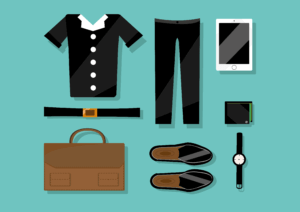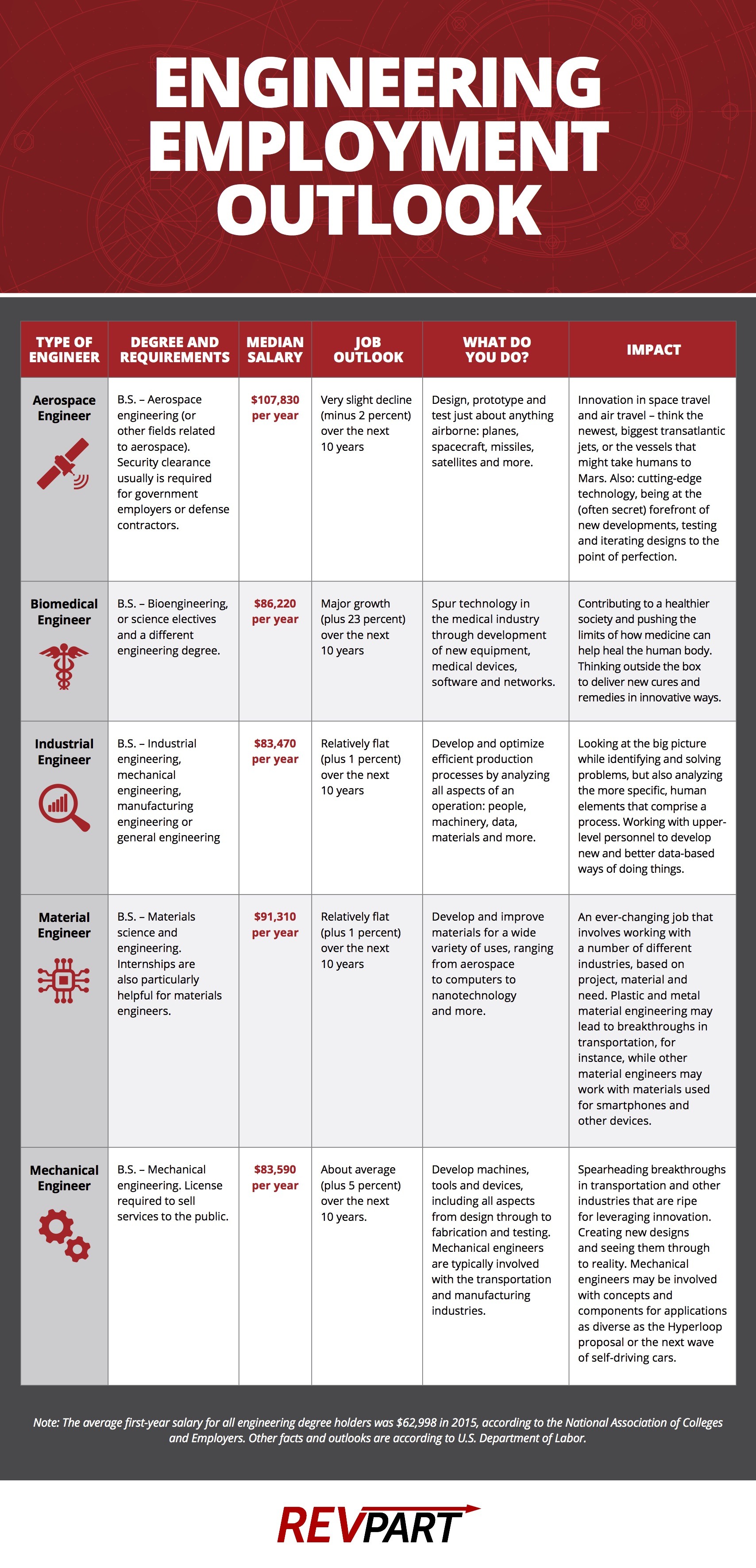Career Advice for Job Seekers
[Video and infographic] Preparing for an engineering interview: Insight from Intel for female students and grads
How are you supposed to know how to stand out from other engineering candidates? College Recruiter spoke with Jeff Dunn, Campus Relations Manager for Intel Corporation. He shared his advice regarding preparing for an interview, specifically for female engineer students who need tips in getting noticed in the STEM fields. Jeff is passionate about preparing students and grads for their career so his advice should be relevant to all kinds of job seekers. This is part 2 of 2 of our conversation. Last time we checked in with Jeff, he shared tips for engineering students who are preparing their resume.
Jeff is a member of College Recruiter’s Panel of Experts, which is a group of professional around the country that regularly provide top notch advice for both talent acquisition professionals and entry level job seekers.
Watch our discussion with Intel’s Campus Relations Manager Jeff Dunn, or read major takeaways in the blog post below.
An all-male interviewing team can be intimidating to female candidates. How should you mentally prepare?
Jeff says “employers recognize this, and the goal of many employers is to try to have a diverse panel of interviewers. But, I would anticipate that it’s going to be all men. Then if there’s a woman, that might feel a little more comfortable”. However, it’s best to mentally prepare that it could be all men. He says “recognize they’re just people and that what they want is to hire you. Otherwise they wouldn’t have brought you into the interview”. Jeff stresses the idea of building up your confidence and to be proud of your accomplishments. Also never apologize for any lack of experience. “That can come across as weakness” says Jeff. It’s best to focus on what you have done, not what you haven’t done during the interview.
You can confidently describe your skills without worrying about coming off as arrogant.
“It won’t sound like bragging if it’s true,” Jeff says. “Practice with people you trust or even practice in front of a mirror”. When trying to display your skills it is important to be comfortable talking when about yourself. If you feel too uncomfortable with claiming your own skills, Jeff says you could say “professors or classmates would say that I’m…”
Being confident will help you stand out, because most students are very nervous. “They’re worried about things that are outside their control,” says Jeff. Focus on your strengths, be confident and practice your answers. “It’s amazing even saying it one or two times out loud, how much smoother it comes out.” You can even record yourself too, because when you play it back, you’ll hear all the noise and stutters, and you can correct those the next time around. “You can see if you’re fidgeting, scratching, looking down, or not smiling. Those are all easily correctable.” Remember, your career center on campus probably can set up a mock interview for you. That way you’ll get your butterflies out ahead of time.
TIP: Make sure to supplement your online job search with networking. Once you get guidance from your network, target your online search to the right job titles and companies. After you apply, follow up with someone who works there. College Recruiter lists thousands of entry-level job opportunities. Would it make sense to start searching?
Common interview mistakes
One common mistake is when interviewees get nervous or excited and start talking faster. When you do that, the employer can’t understand you. “It sounds distracting when you speak too fast. So slow down and always make eye contact. Get across the major points that you’re trying to without the qualifiers and without the stuttering,” says Jeff.
Another common mistake is simply not being prepared. “If you haven’t done your homework it’s going to show. So if I say ‘what do you know about Intel? What do you know about my company?’ and you can’t really say anything, that’s going to be a negative.”
Related: The best interview questions to ask of your interviewer
Finally, generic answers are a big turn off, says Jeff. Finally, please turn off your phone and don’t chew gum. “Be engaged and excited to be there. You’re going to be telling them why this job is something you really want.”
Appropriate interview dress code for an engineering interview
 “As nice as you can afford,” says Jeff. “High tech companies are pretty casual but not to the point of jeans and a t-shirt.” He emphasises to “dress in something that’s comfortable but something that you’ll look your best in,” whether it’s a suit, blouse and skirt, or blouse and slacks. “Look like you’ve taken some time grooming. That you’re professional and ready to roll up your sleeves and get to work.”
“As nice as you can afford,” says Jeff. “High tech companies are pretty casual but not to the point of jeans and a t-shirt.” He emphasises to “dress in something that’s comfortable but something that you’ll look your best in,” whether it’s a suit, blouse and skirt, or blouse and slacks. “Look like you’ve taken some time grooming. That you’re professional and ready to roll up your sleeves and get to work.”
Don’t come in with heavy perfume, a distracting outfit, or real gaudy jewelry. It’s “going to distract from who you are as a person.” You want to dress somewhat conservatively.
Related: A entry-level job seeker’s guide to interview outfits
Interview answers that will impress an engineering recruiter
Give specific situation-action-positive result answers to behavior-based questions, says Jeff. It’s important to have prepared some some stories that you’re proud of. Jeff calls them ‘success stories’. He says to “think about times where you achieved something that you felt really proud of. Those stories can be the anchor for responses to behavior-based questions. So if I say ‘tell me about a time when you went above and beyond to help a customer or a classmate’. You probably have done that several times.
The interviewer is going to want to know a specific example. What was the situation? What action did you individually take? And what was the result or the outcome? “Good success stories always have a happy ending.” He gives examples such as: completing a project, gaining a customer, saving $10,000. You’ll want to spend time practicing these because it’s worth telling the story.
For a phone interview, you can have everything in front of you: your resume, the job description, your success stories, a list of questions, and a blank piece of paper for notes. Although, Jeff says, “In a face to face interview it’s best that you have these things memorized so you don’t have to look at your cheat sheet.”
Related: How recent college grads can ace the second interview
Final tips for engineering students to give a great interview
“Usually you’re going to be asked technical questions first,” says Jeff, “but keep in mind that at least 50% of your success is going to be the fit with the company’s culture.” The hiring manager will ask him or herself whether you are somebody they want to work with at least 40 hours a week?.
Remember to smile, be confident, articulate your key strengths, and don’t apologize for weaknesses. “Give me a reason to hire you,” he says, “if not in the position that you came in for, maybe elsewhere in the organization”.
Show that you’ve prepared for the interview and that you’re specifically interested in that company and that job. Then, says Jeff, the interviewer can more easily visualize you in that role.
Engineering employment outlook
This infographic, provided by RevPart, illustrates the differences between types of engineering degrees and the job outlook for each.
New Job Postings
Advanced Search